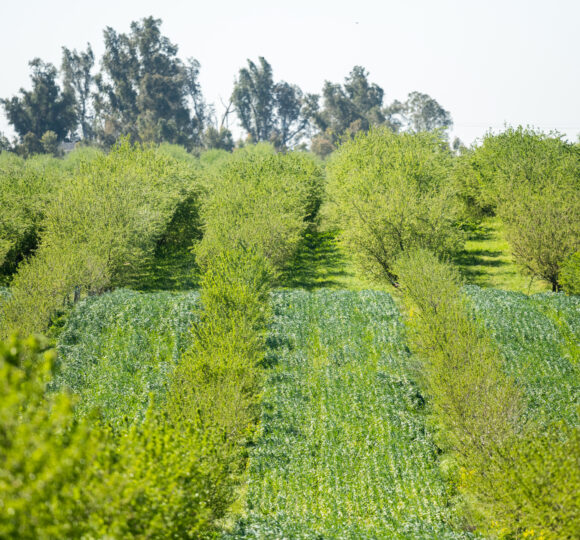These soil health and COMET tools were developed by American Farmland Trust to enable conservationists and farmers to quantify economic, water quality, and climate outcomes of soil health practices. COMET stands for CarbOn Management & Emissions Tool, a computer modeling platform developed by the Natural Resource Conservation Service (NRCS) and Colorado State University to help farmers and ranchers evaluate the environmental impact of conservation practices.
The tools on this page include:
- AFT Soil Health NTT-COMET Questionnaire: An Excel-based questionnaire was developed to assist conservationists in collecting data from farmers ahead of using both tools. The training will include steps to modify the questionnaire for use with similar-enough production systems and new locations. In addition, a technique will be shared to analyze the greenhouse gas reduction effect of already adopted soil health practices from COMET results exported to Excel.
- An Excel-based partial budget analysis calculator for quantifying the benefits and costs experienced by “already soil health successful farmers,” (i.e., those that had four or more years of economic success with one or more soil health practice).
- Steps to modify the materials for use with slightly different production systems and locations from those the project was initially developed for. The project used the USDA’s Nutrient Tracking Tool and the USDA’s COMET-Farm Tool to quantify the water quality and climate outcomes of selected fields with implemented soil health practices.
- Tips on how to identify and secure farmers that are “already soil health successful,” and then to write two-page “Soil Health Economic and Environmental Case Studies” to disseminate the results of the economic, water quality, and environmental analyses.
Links to other parts of the tools and the collection of soil health case studies are included below.
These tools were developed as part of a 2018 USDA Conservation Innovation Grant (CIG).





